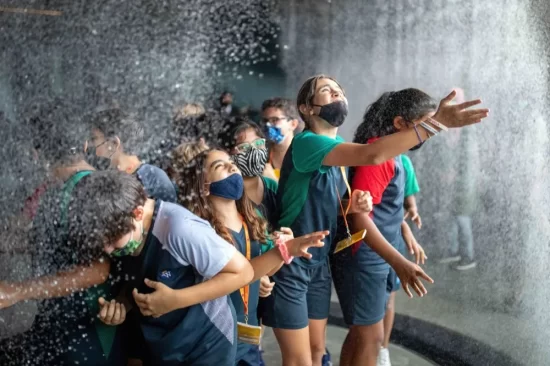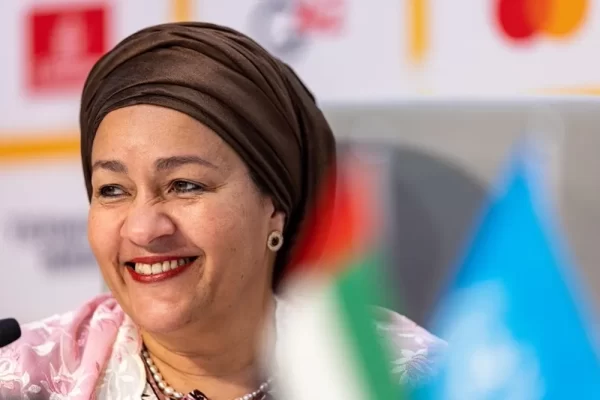DUBAI, 22 January 2022 – Global travel trends must accommodate the needs of future travellers and what they want from a destination, experts highlighted during a panel discussion at Expo 2020 Dubai on Saturday (22 January).
The ‘Reimagined Cities: Can cities leverage urban design and technology to attract the next-generation traveller?’ session, organised by the Singapore Tourism Board and held at Terra – The Sustainability Pavilion, focused on reshaping global travel and challenging traditional ways of destination marketing.
The travel industry has faced a significant setback in the past two years, as the COVID-19 outbreak forced countries worldwide to shut their borders and halt flights. However, industry experts predicted that restructuring the sector and focusing on technology and sustainability could prove to be an effective path to recovery.
Speaking at the panel, Xavier Anglada, Managing Director, Accenture, said: “When COVID hit, we saw a few industries within the tourism industry that really thrived – and that was because they digitalised. We are seeing tourism being reimagined and reinvented, and interactions are going to be data-driven and super-convenient. We are going to see priorities completely reshaped, and now we are seeing technologies to enable that.”
Since the COVID-19 pandemic, travellers worldwide have become more interested in destinations that prioritise their wellbeing and are heavily focused on sustainability, according to Sarah Khan, Editor-in-Chief of Condé Nast Traveller Middle East magazine.
Artificial intelligence and technological tools can be utilised by the tourism sector to adapt to the changing consumer preferences, said Michael Magill, Managing Director of RSP Middle East and North Africa, a multi-disciplinary design firm.
Touchless technology, for example, can facilitate a seamless visitor journey, while augmented reality can provide immersive navigation services, as well as bridge language barriers, he added.
Cities worldwide will need to rethink the ways in which they can attract future travellers, especially in a world that has become more digitalised and reliant on smart technology to stay connected, said Dr Barkathunnisha, Co-Founder of World Women Tourism and Founder of Elevated Consultancy and Training.
Dr Barkathunnisha added: “If you are looking at the statistics and the research, when you look at the new-generation travellers, we have 94 per cent claiming that they will do the leisure travel in the recovery phase. So how do you entice the new travellers to come to your destination? And what do you have in terms of smart technology to support them with working from anywhere in the world? How do we use smart technology to create relational tourism experiences when people travel? This is very important for us to think about.”























